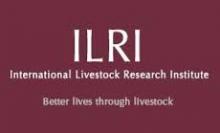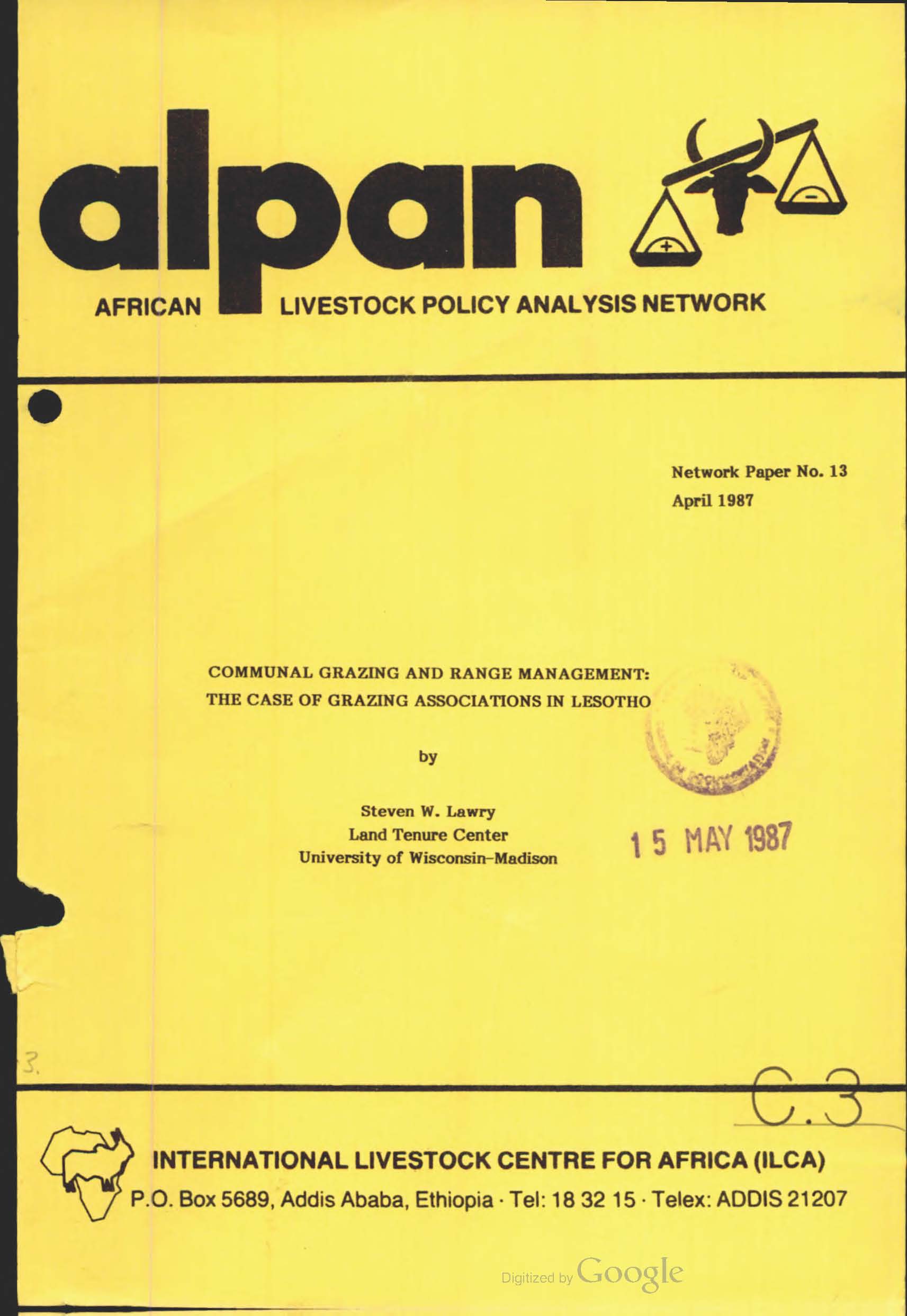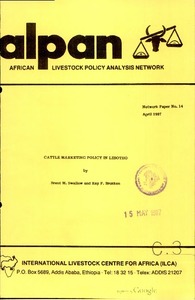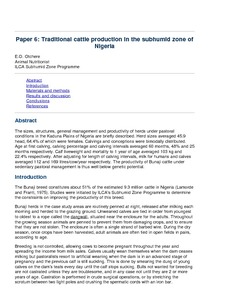Location
Vision, mission and strategy
ILRI's strategy 2013-2022 was approved in December 2012. It emerged from a wide processof consultation and engagement.
ILRI envisions... a world where all people have access to enough food and livelihood options to fulfil their potential.
ILRI’s mission is... to improve food and nutritional security and to reduce poverty in developing countries through research for efficient, safe and sustainable use of livestock—ensuring better lives through livestock.
ILRI’s three strategic objectives are:
- with partners, to develop, test, adapt and promote science-based practices that—being sustainable and scalable—achieve better lives through livestock.
- with partners,to provide compelling scientific evidence in ways that persuade decision-makers—from farms to boardrooms and parliaments—that smarter policies and bigger livestock investments can deliver significant socio-economic, health and environmental dividends to both poor nations and households.
- with partners,to increase capacity among ILRI’s key stakeholders to make better use of livestock science and investments for better lives through livestock.
This is ILRI’s second ten-year strategy. It incorporates a number of changes, many based on learning from the previous strategy (2000–2010, initially produced in 2000 and modified in 2002), an interim strategy (2011–2012) and an assessment of the external and internal environments in which the institute operates.
Members:
Resources
Displaying 1061 - 1065 of 1152Forage research in smallholder and pastoral production systems
Discusses the use of forage legumes in the contexts of seasonality of other feeds particularly natural pastures and crop residues, the seasonality in animal movements, the competitiveness for land and labour of forage legumes, and the complementarity of forage legumes with other feeds in smallholder as well as pastoral production systems in sub-Saharan Africa. Ends with research implications & recommendations.
Communal grazing and range management: The case of grazing associations in Lesotho
In recent years governments and donor agencies have devoted considerable resources to efforts to improve the management of communal grazing lands. Range and livestock projects have been designed to address such familiar pastoral problems as endemic overgrazing of rangelands, often leading to permanent degradation of vegetation, soils, and water resources, and reduced livestock productivity, adversely affecting the welfare of rural people.
Cattle marketing policy in Lesotho
The Lesotho cattle industry is characterized by overstocking, range degradation, low marketed offtake, low fertility, and high mortality. The overstocking situation is paradoxically accompanied by an ownership pattern which leaves many households with an insufficient number of cattle for draught purposes, and the abscence of a large commercial beef sector. In this setting a number of analysis have suggested that the increased provision of market outlets would allow Basotho to sell surplus culled animals which would in turn promote reduced stocking and increased productivity.
CIPEA Rapport Annuel 1985/86: Au Service de L'Agriculture Africaine
Traditional cattle production in the subhumid zone of Nigeria
Describes, briefly, sizes structures, general management and productivity of pastoral herds in the Kaduna Plains of Nigeria. Includes data on age at first calving, calving percentage, calving intervals, calf liveweight & mortality to 1 year, and milk yield of Bunaji cattle under this sedentary pastoral management system. Identifies nutrition as cause of this below-genetic-potential productivity.






